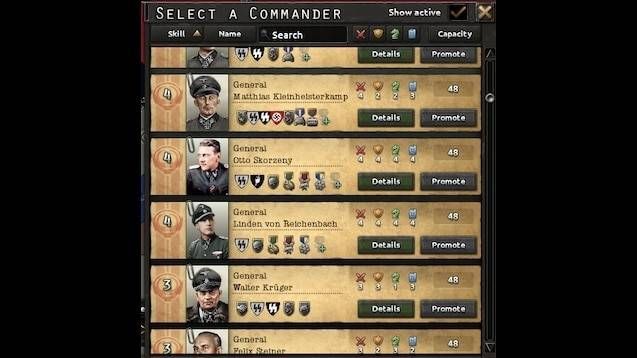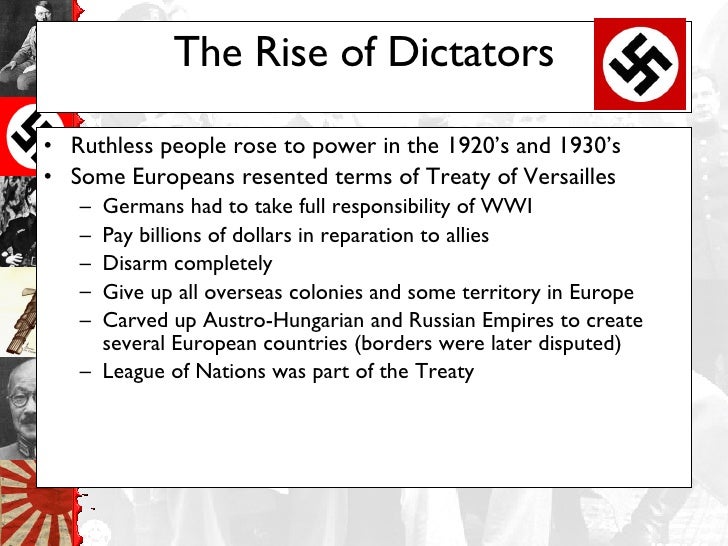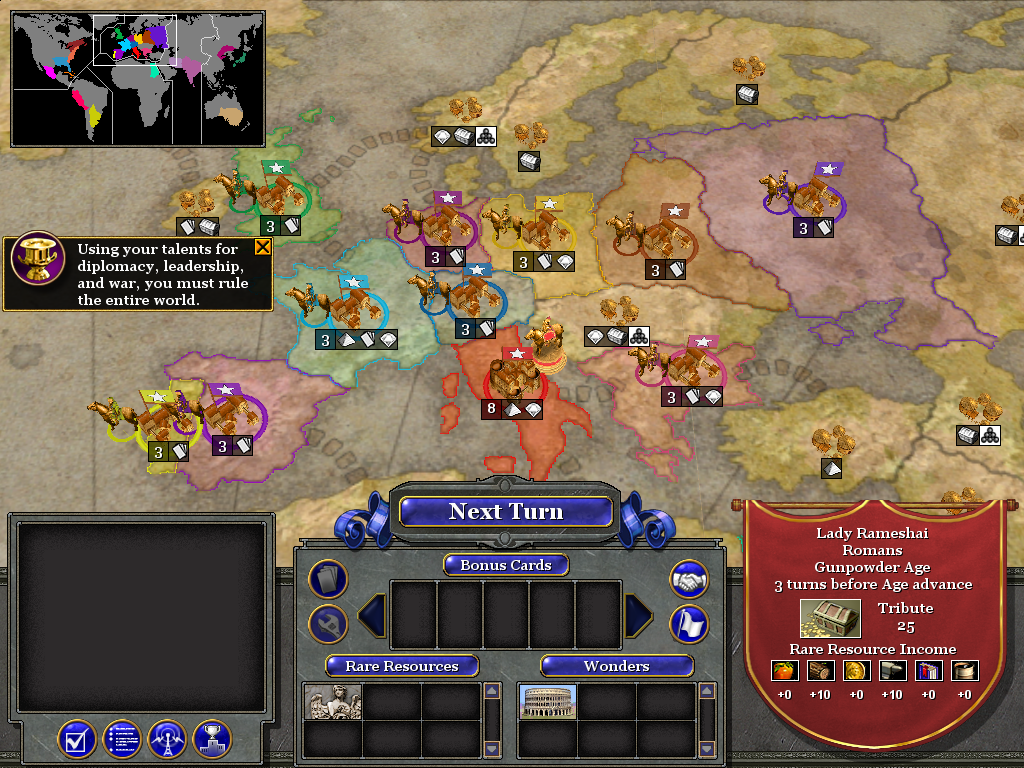
When World War II began, the West had a good chance to defeat Hitler.

I saw them at Munich.” Appeasement had backfired, confident of Western inaction, Hitler became more belligerent. On the eve of his invasion, Hitler told his generals, “our enemies are…not men of action, not masters. Hitler decided that Poland must be destroyed. The Lithuanians gave in, the Poles did not. Then, Germany demanded territory from Lithuania and Poland. Within a few months, Hitler had swallowed up the rest of Czechoslovakia. Additionally, Britain and France’s capitulation convinced other nations that Western leaders lacked the will to stop Hitler.īritish Prime Minister Neville Chamberlain returned from Munich declaring that he had obtained “peace for our time.” That peace would prove short-lived. Czechoslovakia lost its natural defenses and industrial areas, rendering the nation helpless against further German expansion. The Czechoslovaks were not even invited to Munich. Instead, they sold out the young nation by accepting Hitler’s claims.

Britain and France should have supported the strong pro-Western democracy against Nazi aggression. Hitler had demanded an integral part of Czechoslovakia. The infamous Munich Conference in late 1938 revealed the costs of appeasement. By incorporating Austria, Hitler gained millions of new citizens and access to Austria’s ample cash reserves and industrial resources. The Western Allies responded with a collective shrug. Immediately, unprecedented anti-Semitic violence broke out across Austria. In early 1938, Hitler forced Austria into the Third Reich by threatening to invade. Once again, a weak and divided West allowed the Nazi threat to increase. However, facing bad economic conditions and finding few allies willing to offer support, the French government decided that military intervention was too expensive. Germany’s generals trembled with fear, certain that a French invasion would end the Third Reich. Hundreds of thousands of French troops stood just miles away.

Only 3,000 Nazi troops entered the Rhineland. With this border undefended, the French could pour into Germany. After World War I, the Rhineland had been left demilitarized to deter German aggression against France.

Remilitarization directly threatened French national security. In 1936, Hitler brazenly remilitarized Germany’s Rhineland border with France.


 0 kommentar(er)
0 kommentar(er)
